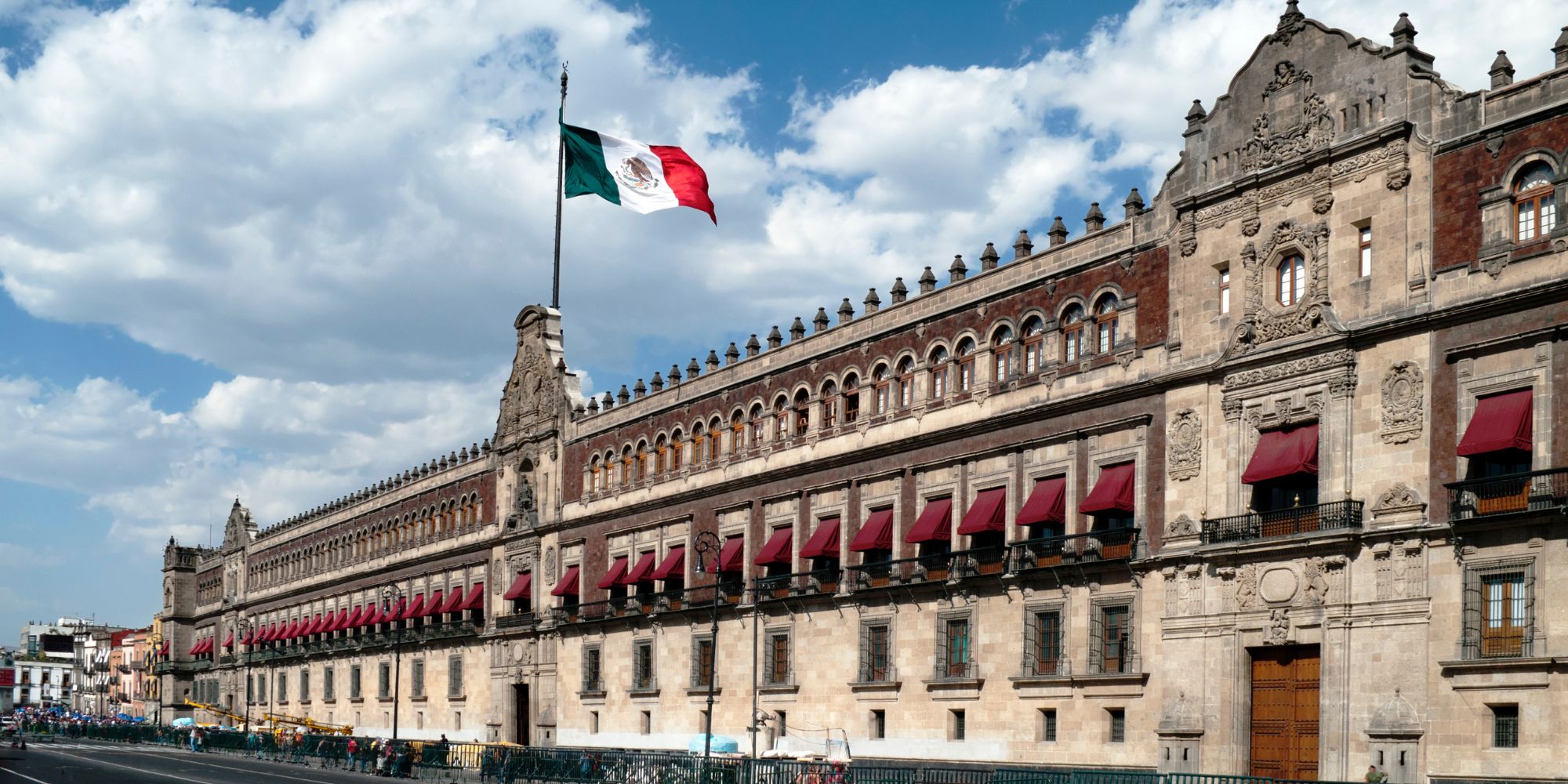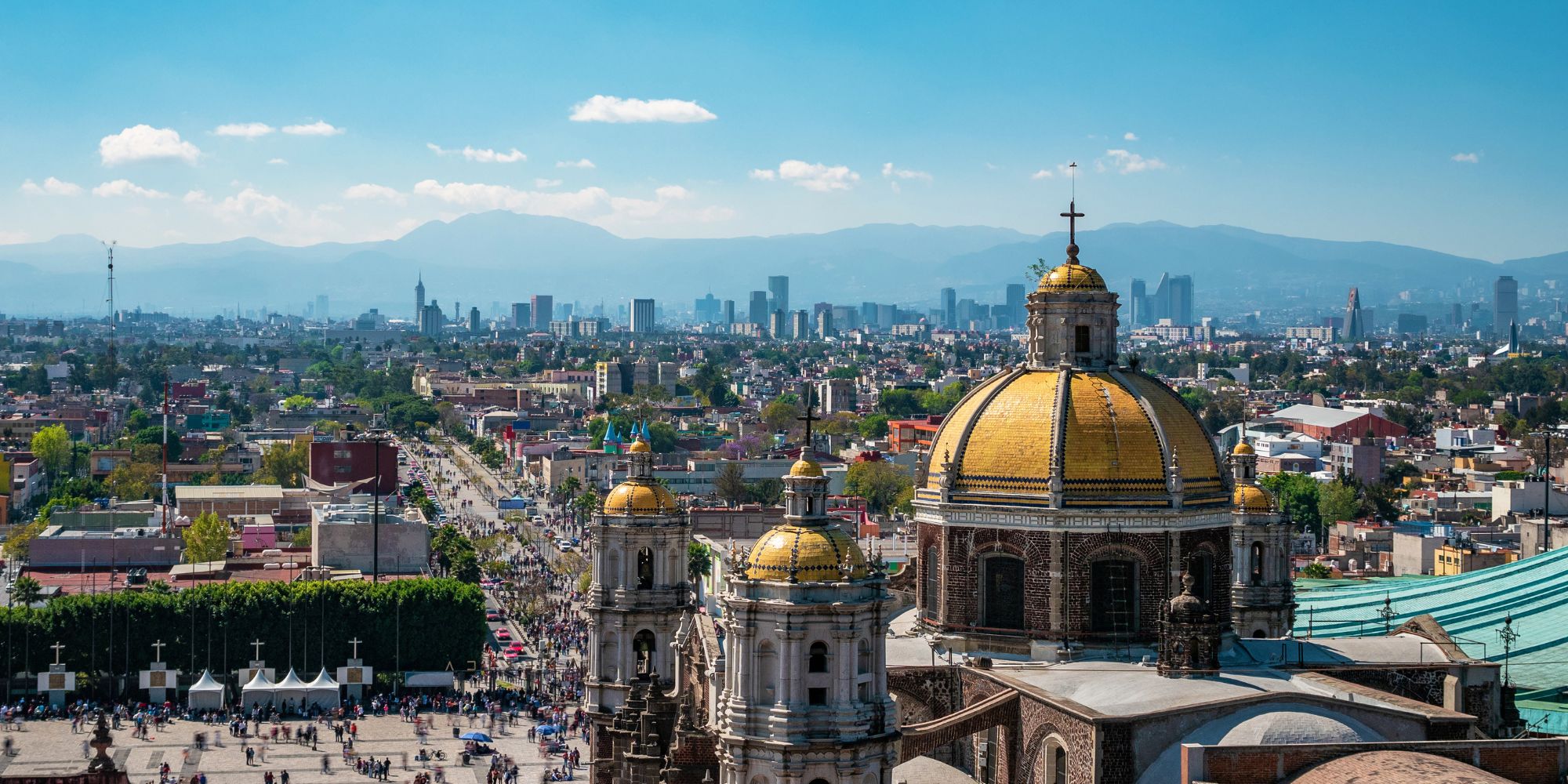Mexico, despite its growth over the years, continues to grapple with profound challenges on the security and political fronts. These elements not only pose a threat to the well-being of its citizens but also complicate the economic prospects and overall development of the country.
Drug Cartels and Organized Crime
The security landscape in Mexico is characterized by the influence of drug cartels and organized crime, a complex and persistent issue that spans various regions of the country. The presence of these cartels has far-reaching consequences, not only in terms of public safety but also for the socio-economic fabric of Mexico.
Several prominent drug cartels operate within Mexican borders, each with its own sphere of influence. For instance, the Sinaloa Cartel, notorious for its global drug trafficking operations, has deep-rooted connections in the northwest of the country. These criminal organizations often engage in violent turf wars, leading to a palpable sense of insecurity among the local population.
Impact of cartels on people’s lives
The impact of these security challenges extends beyond the immediate threat to citizens’ safety. The cartels’ activities disrupt the normal functioning of communities, undermine the rule of law, and hinder economic development. Kidnappings, extortion, and violence become unfortunate norms in regions heavily influenced by these criminal networks, deterring both domestic and foreign investment.
In the face of these challenges, the Mexican government has implemented various strategies to combat organized crime, including law enforcement operations and cooperation with international partners. However, the deeply entrenched nature of these cartels, coupled with socio-economic factors, continues to pose a formidable hurdle to achieving long-term security and stability.
Corruption in Law Enforcement
According to a study carried out by InSight Crime, 47% of Mexicans consider the police to be the most corrupt agency in the country. Corruption within law enforcement agencies not only undermines the trust of the public but also facilitates the criminal activities of drug cartels, perpetuating a cycle of violence and instability.
Efforts to combat corruption within law enforcement agencies have been underway, with the Mexican government implementing reforms and initiatives to root out corrupt practices. Internal affairs units and anti-corruption task forces have been established to investigate allegations of misconduct, and there have been instances of high-profile arrests to send a strong message that impunity will not be tolerated.
However, establishing an effective anti-corruption framework has proven to be a challenging task. The deeply ingrained nature of corruption, coupled with systemic issues, has impeded progress. Low wages for law enforcement personnel, inadequate training, and the lack of sufficient resources contribute to an environment where corruption can flourish. Addressing these structural issues is essential for creating a law enforcement apparatus that is resilient against corruption and capable of upholding the rule of law.
Political Violence and Human Rights Concerns
Political violence in Mexico remains a significant concern, with incidents that range from targeted attacks on politicians to violence against activists and journalists. This pervasive issue not only threatens the democratic processes within the country but also raises serious human rights concerns.
Instances of forced disappearances have particularly drawn international attention. The lack of accountability and justice for these heinous crimes has led to widespread condemnation. Human rights abuses, including extrajudicial killings and torture, further compound the challenges faced by Mexico in upholding its international obligations.
Internationally, collaboration and response to these concerns have been multifaceted. Organizations like the United Nations and regional bodies have engaged with Mexican authorities to offer support and monitor the human rights situation. Collaboration on intelligence-sharing and investigative efforts has become imperative to uncover the truth behind forced disappearances and other human rights abuses.
Economic Impacts
The intertwining issues of security and politics in Mexico have a profound impact on the nation’s economic landscape, with foreign investment being particularly sensitive to these challenges. The pervasive insecurity, fueled by drug cartels and corruption, creates an environment that discourages foreign businesses from establishing a presence in the country.
Companies, both domestic and international, have faced increased operational costs due to the necessity of implementing elaborate security measures. Kidnappings, extortion, and the general atmosphere of unpredictability have led to a higher cost of doing business. Foreign investors, in particular, are wary of committing significant resources in an environment where their assets and personnel are at risk.
Initiatives to improve the investment climate have been implemented, acknowledging the crucial role that foreign direct investment (FDI) plays in economic development. The Mexican government has sought to strengthen law enforcement, enhance judicial systems, and implement regulatory reforms to address the root causes of insecurity.
However, the challenges persist, and a sustained, collaborative effort is required to effectively address the complex interplay of security and economic interests. As Mexico seeks to attract and retain foreign investment, a holistic approach that not only tackles immediate security concerns but also addresses the underlying socio-economic factors is imperative.
International Relations and Cooperation
Collaboration with the United States has been a focal point in Mexico’s efforts to address security challenges. The two nations have engaged in bilateral initiatives to enhance border security, combat drug trafficking, and strengthen intelligence-sharing mechanisms. These collaborative efforts underscore the shared interest in fostering regional stability and economic prosperity.
Economic cooperation and trade agreements further solidify the relationship between Mexico and the United States. The North American Free Trade Agreement (NAFTA) and its successor, the United States-Mexico-Canada Agreement (USMCA), have played pivotal roles in fostering economic integration and trade relations. These agreements not only contribute to economic growth but also serve as diplomatic instruments to deepen the ties between the nations.
In the face of security challenges, the collaboration between Mexico and the United States highlights the importance of shared responsibility in addressing transnational issues. By working together, the two nations can create a more secure environment that benefits both countries and promotes regional stability.
Will the security problem in Mexico continue to persist?
Mexico’s security and political challenges present formidable obstacles to the nation’s economic growth and development. The intricate web of drug cartels, corruption, and political violence creates a landscape that demands comprehensive and sustained efforts to bring about positive change.
The economic impacts are palpable, with foreign investment deterred by the prevailing insecurity. Initiatives to improve the investment climate are underway, reflecting the recognition that economic prosperity is intricately linked to addressing security challenges.
The road ahead for Mexico involves navigating the complexities of security and politics with a focus on sustained economic growth. Addressing these challenges is not just a matter of national interest; it is a crucial step towards building a more secure, prosperous, and resilient Mexico on the global stage. The importance of these endeavors cannot be overstated, as they lay the foundation for a brighter future for the nation and its people.




